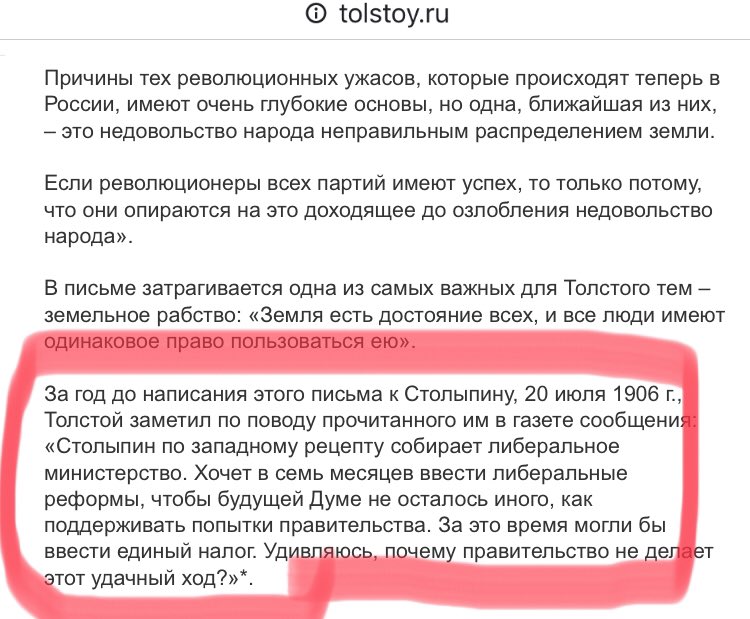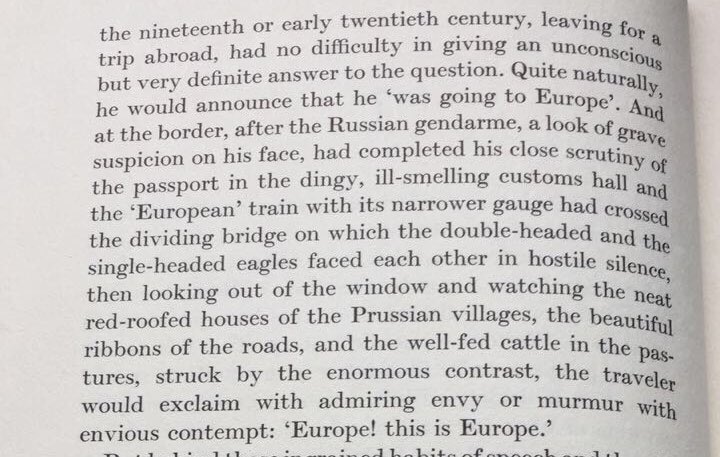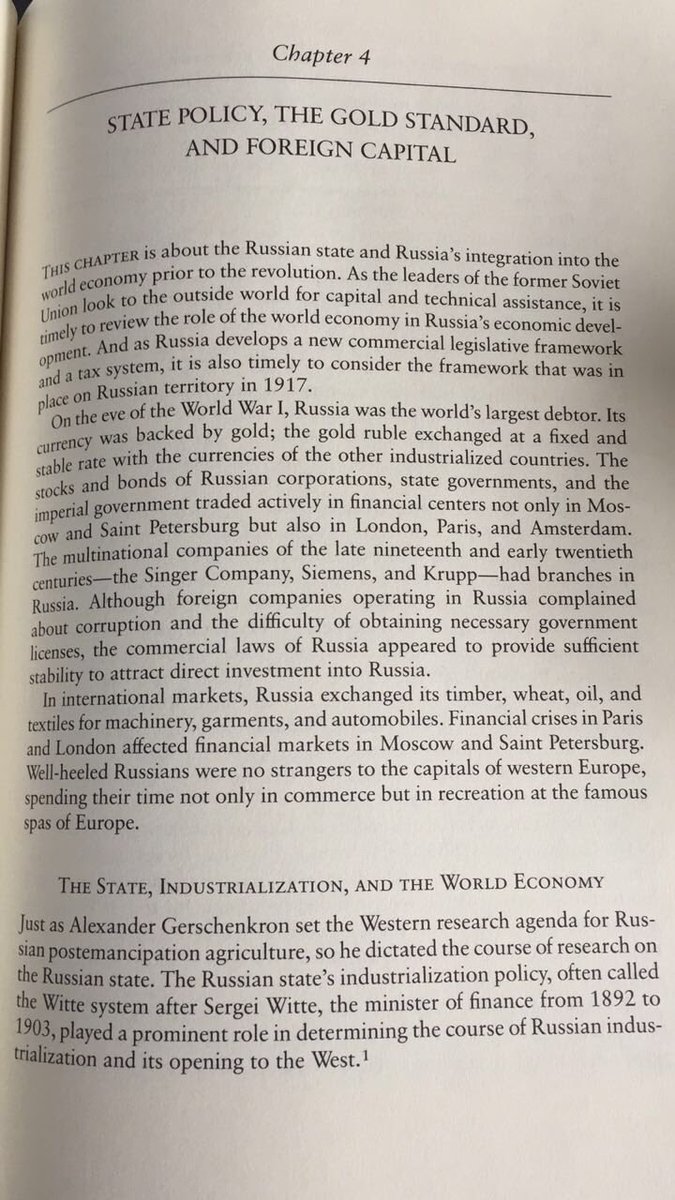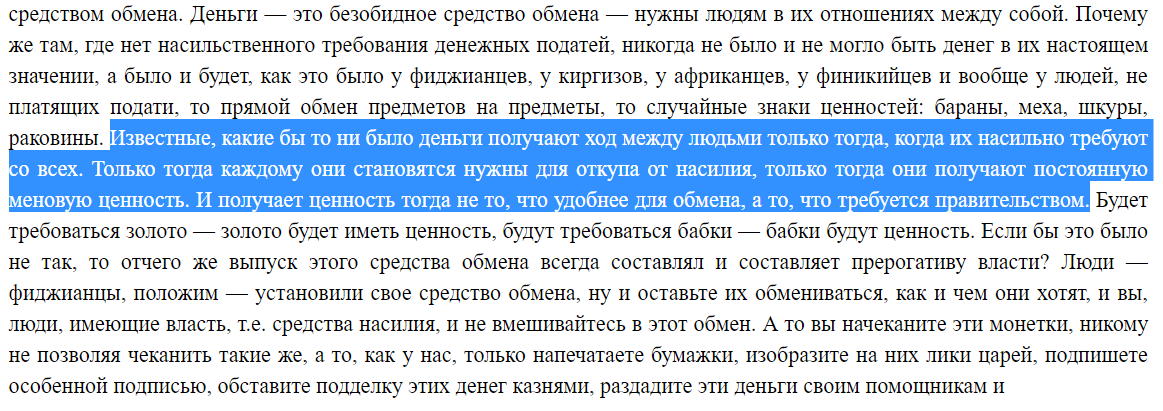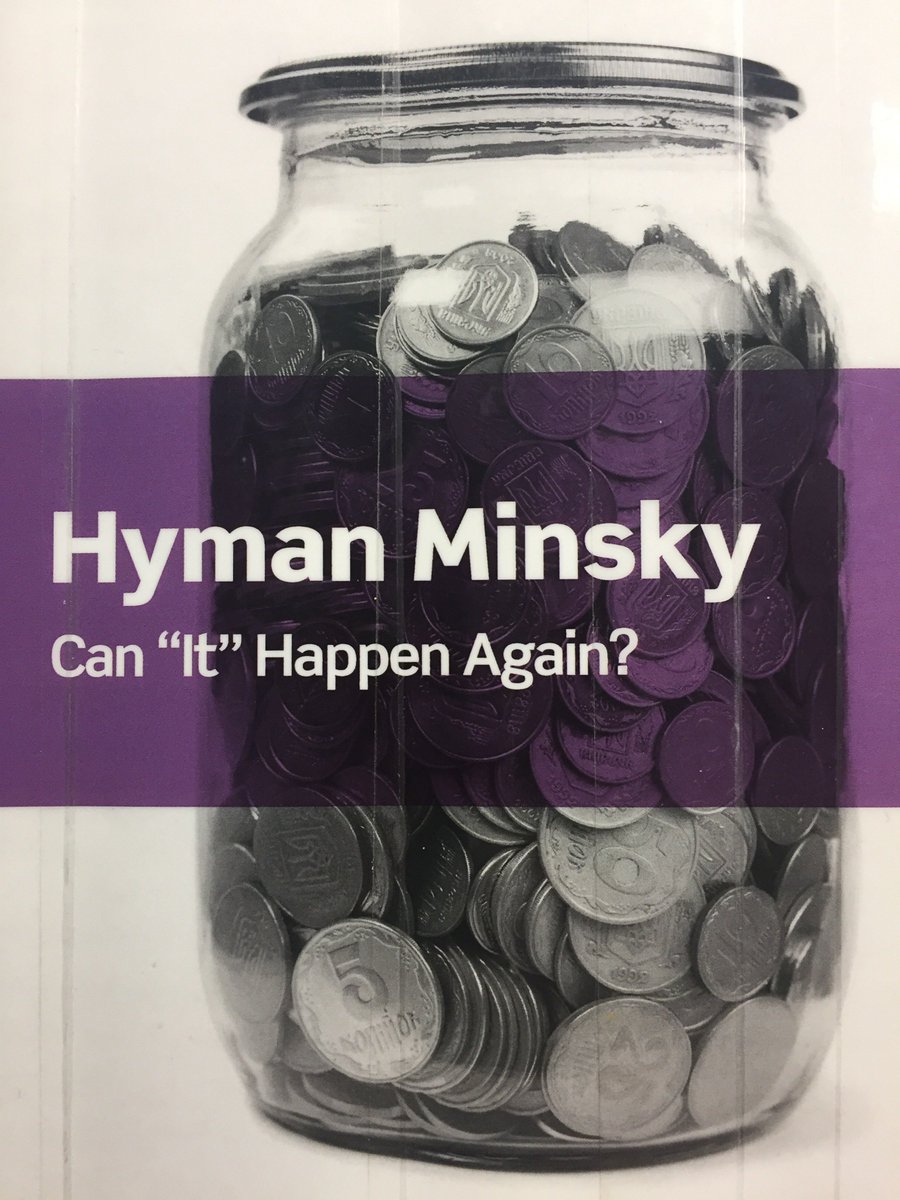
The issue here for too long ppl got this Russia developing story at face value:
- my letter to @FT editors in Apr 2018 is here, it was never published on their pages
- I’ve been arguing along theses line since 2015 while writing in Ukrainian & English
- my letter to @FT editors in Apr 2018 is here, it was never published on their pages
https://twitter.com/alexvalchyshen/status/1497181586130935854?s=21
- I’ve been arguing along theses line since 2015 while writing in Ukrainian & English
https://twitter.com/t0nyyates/status/1497963641278283782
This piece of early 2016 in Ukrainian was handed to many quite top ppl in the 🇺🇦 private financial markets industry and even to the ppl who have in charge of economic reforms in 🇺🇦 such as today’s econ advisor of office @ZelenskyyUa
No feedback followed
bit.ly/2YEcwv3
No feedback followed
bit.ly/2YEcwv3
Most recently I wrote in English this way: alexvalchyshen.substack.com/p/snapshot-on-…
In the references you can find my past op-ed articles I wrote back 2016-2017
International Business Times: ibtimes.co.uk/ukraine-has-le…
The Daily Caller: dailycaller.com/2017/02/23/a-c…
International Business Times: ibtimes.co.uk/ukraine-has-le…
The Daily Caller: dailycaller.com/2017/02/23/a-c…
• • •
Missing some Tweet in this thread? You can try to
force a refresh



